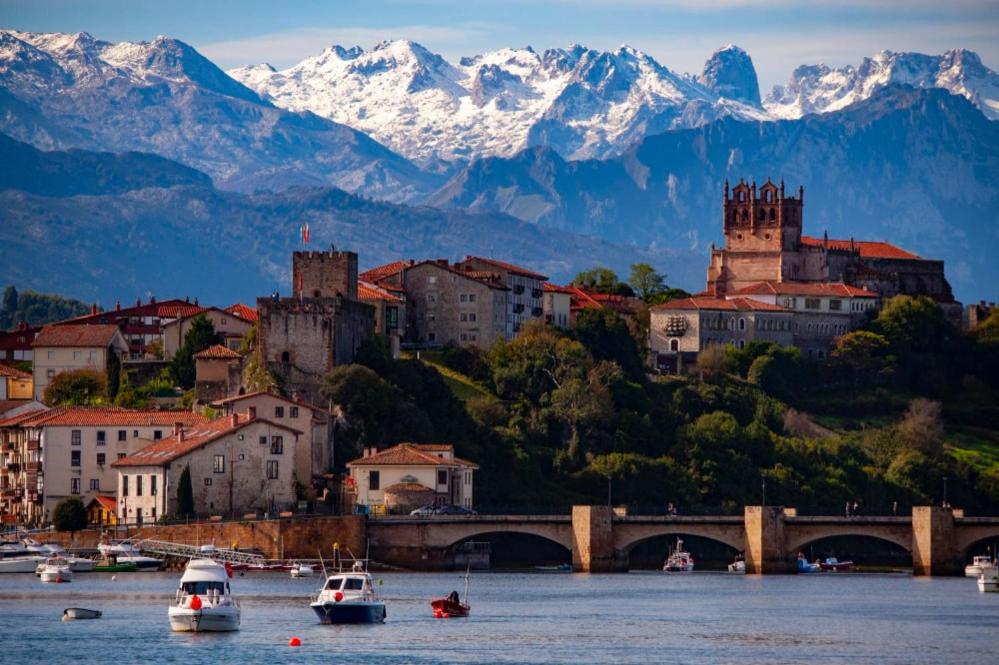The first book I managed to write is locked away somewhere very secure. I wrote it while working full time for Bournemouth Council, but please don’t tell them, because they still thought I was working on my schemes to bring more shoppers to the town centre. (I was doing both, honest.)
Parts of the book were brilliant. Some of the words I used were amazing, and sometimes I joined them together into some pretty awesome sentences. I knew this, because I’ve always been an avid reader, and I kept going back over what I’d written, and thinking: this is actually good!?!?
And so I kept writing. I also kept a massively complicated Excel spreadsheet open on my computer, and whenever anyone wandered over to my part of the office I would quickly pull the spreadsheet up over the text of my novel, and scratch my head as I pored over my formulas. If it was my boss who had interrupted me, or anyone who wasn’t bringing me coffee, I would ask for help in writing a ‘macro’. No one understands Excel macros, and they’d soon find somewhere else they needed to be. It meant I could write relatively uninterrupted, and as a bonus I developed a wholly unjustified reputation for being a spreadsheets guru…
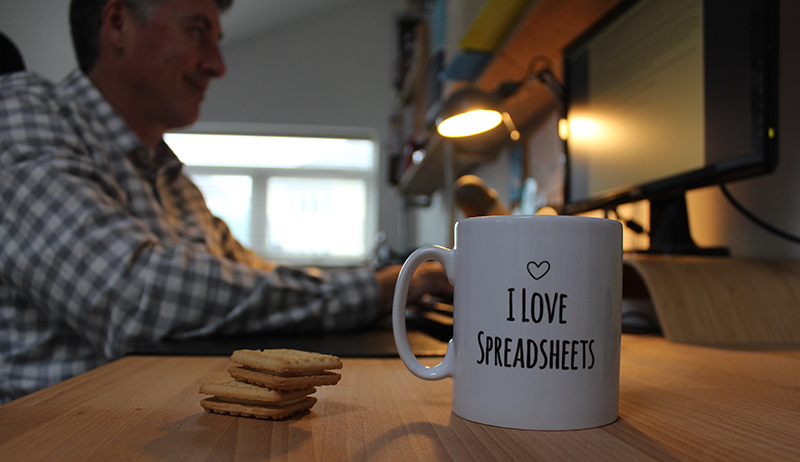
And so my word count grew. Chapter after chapter was laid down. It was as if I were building a motorway, mile by mile. But eventually I realised I had a problem. My motorway wasn’t going anywhere.
Like the proverbial Road to Nowhere, my novel was rolling along very nicely, but it didn’t have any actual destination. When I looked more closely I found something else was missing too. A story. I had characters. Things happened to them, some of them quite interesting, and I’d used loads of great words – but the whole package was missing something. Something important.
I noticed the problem at about 80,000 words, or around the point a typical novel-length book is supposed to end. So I went back to make some changes. I changed some of the characters. I changed some of the things they did. I gave them more exciting clothes and different hair styles. And I added more great words. This time, I powered past 80,000 words no problem. Eventually got to 160,000 – or two full books – before I admitted to myself that I hadn’t really solved the problem at all.
At that point I gave it to my partner Maria, to see if she could help. That was well over ten years ago, and she still hasn’t finished chapter one.
“It’s just too boring.” She says whenever I mention it. She’s helpful like that.
So I did what almost all everyone I know who’s successfully published a book does. I allowed myself a brief but intense period of blaming everyone else. Then I picked myself up. I buried that novel in a hole in the woods. And I started again.
I began this time with only dim understanding of what my story would be, but a cast iron understanding that it better-bloody-well-have-one.
By now my role, in rejuvenating Bournemouth town centre, had morphed into running a Christmas lights festival to attract Christmas shoppers, and it made me probably busier than I had ever been before. My spreadsheet ruse was long-since busted when my boss realised I didn’t know anything about macros either. So now I was getting up at 5am to write and trying to use any other spare time I had, but there wasn’t much. And this became even less when Alba, our first child, turned up. My focus gradually shifted away from writing towards everything else in my life, and the flow of words dried up.
I did enjoy the job by then. We built an ice rink, and surrounded it with a dozen beach huts filled them with interactive light-themed experiences that you could wander in and out of – and they were pretty cool. There’s a picture of one below. But I noticed after a while that I wasn’t really doing the creative part. I was in charge of the money, of making sure we had planning permission. In making sure we had all the permits in place. I’m pretty bad at all that stuff.
So when Maria’s maternity leave with our second child was coming to an end, we were faced with a decision. Would she go back to work, and leave both kids in full time childcare. Or was there another way..? I sensed an opportunity.
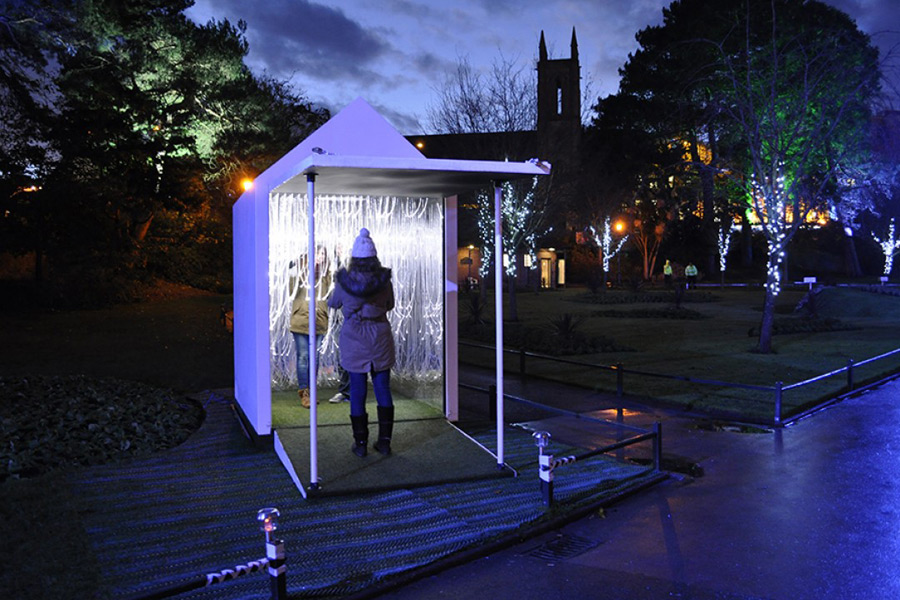
I took a break from my short-lived career to become a stay-at-home-dad, with a now only semi secret plan to also become an author. Semi-secret because Maria now knew about it, but probably didn’t know what to make of it.
I won’t say it was easy to write and look after the kids – I have a lot more respect these days for young parents when I see them pushing buggies full of screaming children. But our two weren’t that bad, and by then I was used to squeezing writing into awkward shaped gaps of time. And I was determined too, after a lifetime of false starts, this felt like my last real chance.
And this time, I kept reminding myself of the need for an actual story. And about eight months later, The Wave at Hanging Rock was written. It still has a lot of rawness that comes from being written by someone who still isn’t very familiar with story structure, but I think it benefits from that as well, going in directions that a more experienced writer wouldn’t take it, but which prove to be refreshing and unexpected. And when I finally did work out what the story was, it came with a kicker of a twist.
For reasons I won’t go into now I chose to self-publish the book, and after a predictably slow start (hardly anyone bought it in the first month) it suddenly took off and flew up the Amazon charts. Six months later it had been downloaded over a hundred thousand times, and was attracting glowing reviews from all around the world. It had even been nominated for a crime fiction award (it didn’t win). It was all rather baffling, but I began to think, was this it? Had I actually made it? Was my next step to join JK Rowling on the Sunday Times Rich List?
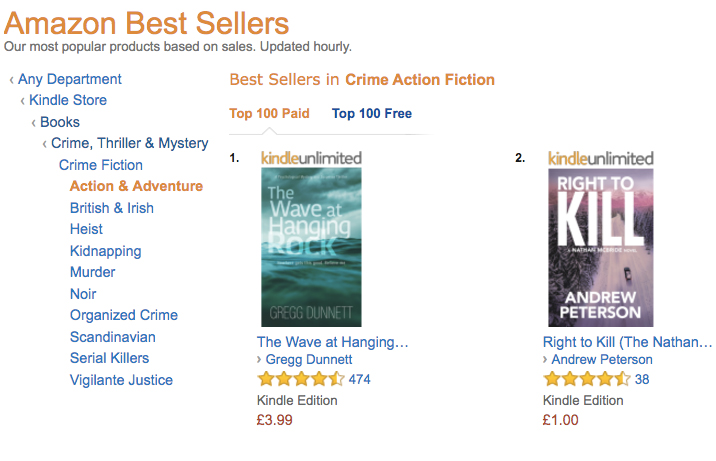
In a word, no. The Wave at Hanging Rock achieved some measure of success, but I was yet to learn that these things are somewhat relative. While I was actually selling books – and that felt like an incredible achievement – no one from Hollywood had tried to call. Or if they did I was out walking the dog, and they forgot to leave a message.
So after a long time waiting by the phone, I decided I might as well get on with writing a second book. But this time, I came at it flushed with the success that I now knew exactly what I was doing. When the truth is, I really didn’t.
I won’t say I was complacent, but maybe a touch on the overconfident side. So once I had an idea I sat down and started writing it. Without really taking the time to consider if it was a very good idea, or if there was a solid story all the way to the end.
While I learnt from my unpublished first attempt at a novel that I needed an actual story, I hadn’t yet learnt that the story has to have a structure. At the very least it needs a beginning, a middle and an end – but actually there’s a bit more to it than that. Proper writers – which I definitely wasn’t at this point – talk about the ‘three act structure’ and character arcs, and lots of things like that, of which I knew nothing. The Wave at Hanging Rock does kind of work structure-wise, but mostly it works by defying regular structure, and I got that one written with a hefty dose of beginner’s luck.
I don’t want to completely put you off from reading my second book The Desert Run – it starts well enough, and it’s tense and gripping right up to about half way through, when (as many astute reader shave noticed) I didn’t quite know how to finish it.
I didn’t fully appreciate this when I published it – with an ending bolted on (which again, was tense and gripping, but just didn’t exactly fit the first half). It did also get very good reviews, but I can’t help feeling that they were from my more generous and enthusiastic readers who were giving me a bit of a pass in the hope I’d write something good next time around.
I class the whole thing as my ‘difficult second album’ (the idea coming from the music industry, where bands work unknown for years on their first album, and are then forced by their new producers to repeat the trick in just six months). However, I’m tempted to lay a degree of responsibility on a related concept – the difficult second child syndrome – since there wasn’t a lot of sleeping happening in our household while I was writing this book. But that would be unfair on little Rafa. Besides, he likes it…)
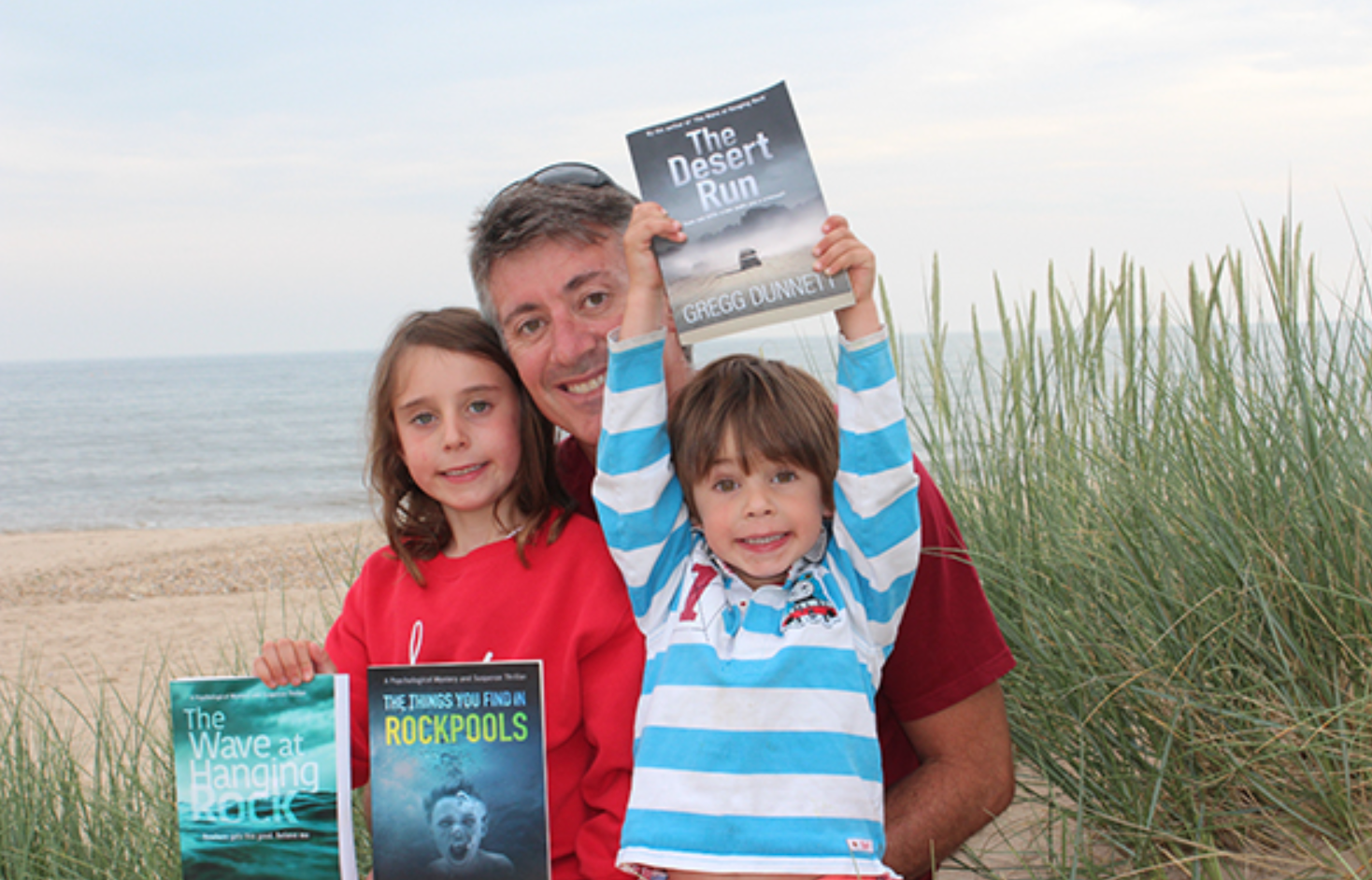
So anyway. After The Desert Run failed to zoom up the Amazon charts in the way my first book did, I had a problem. If I couldn’t earn enough money from writing, I would have to go back to doing a real job, and having spent a lifetime not being a writer, I didn’t want to give up on it now. So I bought every book I could find on writing, and on story structure, and I read them all. Then I re-read them. I took them with me when I went to bed, and wrote little notes in the margins. Basically I want you to image the montage scene in Rocky where he starts seriously training. Get that music in your head. That was me.
I began to annoy Maria, more than usual, giving a running commentary when we were watching movies, or TV dramas. I’d explain which part of the story was happening on screen, and what would have to come next. Then I started doing the same with the kids and Peppa Pig…
And then I met Billy Wheatley. It’s weird. For every book I’ve written (and I’m on number seven as I write this), I can clearly remember where the idea came from, and how I built it up. But for The Things you Find in Rockpools I can’t remember anything. It’s almost as if Billy just wandered up to me on a beach, with his slightly nerdy backpack and his notebook and his binoculars slung from his neck. And he told me to follow him.
And that’s what I did next. I honestly have no recollection of even writing the book until about half way through, by which time I knew exactly what was supposed to happen and where it had to end up. I didn’t consciously apply what I’d learnt about story structure – but looking at it now, it’s all in there.
It seemed to work. The reaction to The Things you Find in Rockpools was really positive, and the story has now been translated into various languages, and picked up by a Hollywood production agency (I got very excited about this, but it’s still unlikely to be made into a movie anytime soon. But I did get to do a three way skype call with a Hollywood producer, which was fun).
So I feel I owe Billy a debt of gratitude, because it was the success of this book which meant I haven’t yet had to go back and do a real job. It’s allowed me to finally become what I’ve always dreamed of being – a full time author.
I wouldn’t say I’m the finished article yet. Sometimes it’s daunting how much there is to learn about this job, yet at other times that’s exciting. But the wider point is this – and this is really the reason I’m telling you all this – I feel incredibly privileged and thrilled to be where I am, and I’m planning to write many more books, and hopefully find many more great stories buried out there (wherever it is stories hang out before they get written). And I’d absolutely love it if you come along for the ride.
Late Edit
Things have moved on a bit from when I first wrote the above. Most obviously these emails are now coming from Spain, where we moved in 2022. The main idea was to help the kids learn to speak with the Spanish side of their family (it’ll be a bonus if I can learn too), but Maria and I fancied another adventure as well. Anyway, we’re up on the north coast, in a place called Cantabria, which is sometimes described as between the mountains and the sea. I’ll tell you more about it another time (but in the meantime check the photo below!)
I’ve also added quite a few more books, which are listed below. If you want to keep reading after all this, I’d -be thrilled if you give them a go.
Standalone books:
Little Ghosts
The Rockpools Series
The Things you find in Rockpools
The Lornea Island Detective Club
The Erica Sands Series
The Cove
The Hunt (coming summer 2024)
Thank you so much for reading this story, and I hope you’ve enjoyed it.
Gregg

